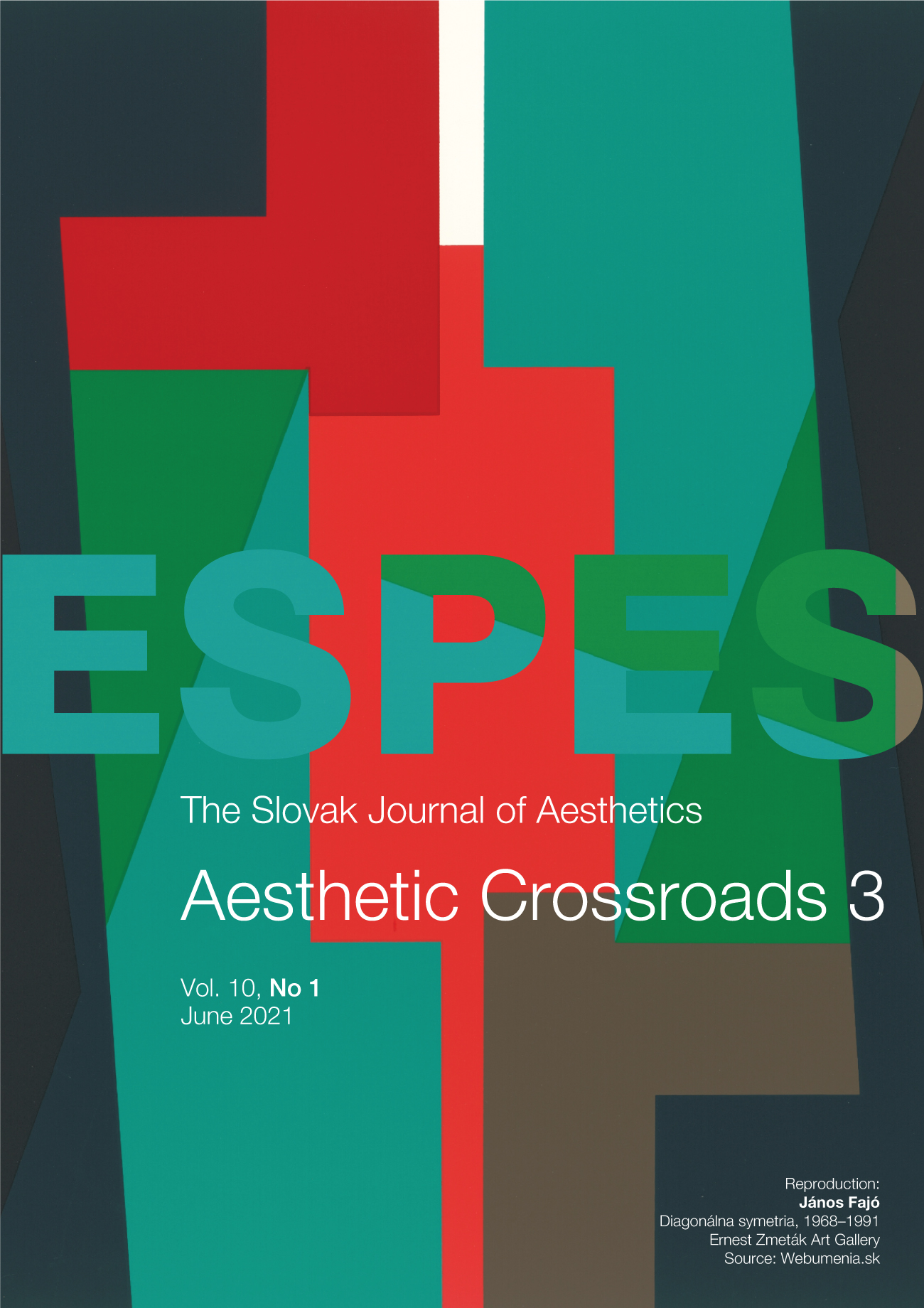The Program of Cultural Refinement in 19th -Century Hungary: the Example of Count Széchenyi and Baron Kemény
The Program of Cultural Refinement in 19th -Century Hungary: the Example of Count Széchenyi and Baron Kemény
Author(s): Ferenc HörcherSubject(s): Aesthetics
Published by: Spoločnosť pre estetiku na Slovensku a Inštitút estetiky a umeleckej kultúry Filozofickej fakulty Prešovskej univerzity v Prešove
Keywords: Taste; Politeness; Refinement; István Széchenyi; Zsigmond Kemény; 19th century; Hungary
Summary/Abstract: In an effort to give a historical depth to recent discussions on taste in Aesthetic theory, this paper recovers a 19 th century Hungarian paradigm. While taste first came to the forefront of philosophical reflection with the Enlightenment and especially with Kant, by now there is a growing literature on the survival of that discourse in the first half of the 19 th century. The present author contributed to the research, which tried to show that in Hungary Count István Széchenyi, an influential political reformer, can be regarded as an author, who for socio-political reasons relied heavily on the British discourse of politeness and taste. This paper aims to show that the same discourse lived on and was employed in the second half of the 19 th century in socio-political debates. The example is Baron Zsigmond Kemény, an admirer and follower of Széchenyi, who transformed the discourse into a bourgeois political-educational program.
Journal: ESPES
- Issue Year: 10/2021
- Issue No: 1
- Page Range: 42-50
- Page Count: 9
- Language: English

